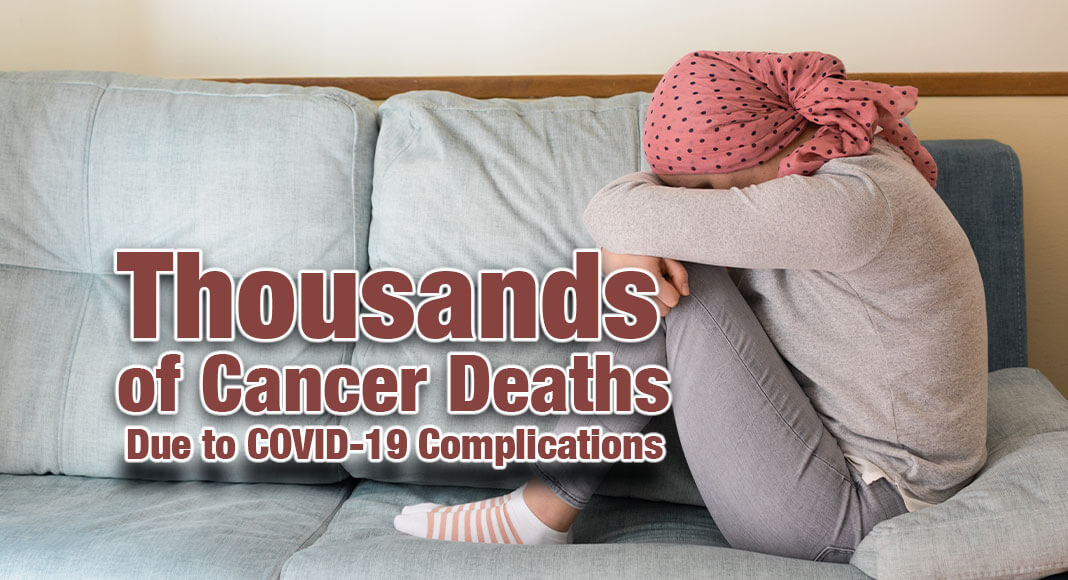
Mega Doctor News
By American Cancer Society (ACS)
Newswise – ATLANTA – From March through December 2020, more than 16,000 cancer deaths were due to complications of COVID-19 in the United States, according to a new study led by researchers at the American Cancer Society (ACS). Also, higher percentages of blood or prostate cancer deaths were from COVID-19 complications compared with cancer deaths without COVID-19 complications. The research is to be published today in the Journal of the American Medical Association (JAMA) Oncology.
“We know that cancer patients are at a higher risk of contracting COVID-19 due to weakened immune systems,” said Dr. Xuesong Han, scientific director, health services research at the American Cancer Society and lead author of the study. “Patients with hematological neoplasms or blood cancer and prostate cancer might be particularly vulnerable to COVID-19 complications and die from it. It is important to further study these patient populations to develop care strategies that reduce the risk of contracting the COVID-19 virus as well as optimize disease management for patients with comorbid COVID-19 infection.”
Researchers identified and analyzed 16,561 cancer-COVID-19 deaths for the study from March 2020 to December 2020 using the Multiple Cause of Death database with death certificate information for U.S. residents. They discovered a higher percentage of cancer-COVID-19 complicated deaths compared to cancer deaths unrelated to COVID-19 occurred among individuals with hematological neoplasms (23.3% for cancer-COVID-19 deaths vs. 9.6% for non-COVID-19 cancer deaths) and prostate cancer (12.4% for cancer-COVID-19 deaths vs. 5.5% for non-COVID-19 cancer deaths). Compared to cancer deaths unrelated to COVID-19, Cancer-COVID-19 complicated deaths were more likely to occur in large metropolitan areas, among males, those who were 85 years or older, and racial/ethnic minorities. Most cancer deaths unrelated to COVID-19 occurred at home (53.2%) or in hospice facilities (10.8%); in contrast, a higher percentage of cancer-COVID-19 complicated deaths occurred in inpatient (61.5%) or nursing home/long-term care (18.7%) settings.
“The high portion of cancer-COVID-19 complicated deaths in medical facilities suggests that the economic burden needs to be evaluated by future studies,” Han said. “Future studies should also monitor the mortality burden from COVID-19 variants, such as Delta and Omicron, among patients with cancer, especially after vaccines became widely available.”
Other ACS study authors include: Jingxuan Zhao, Dr. Ahmedin Jemal, and Dr. Robin Yabroff.







